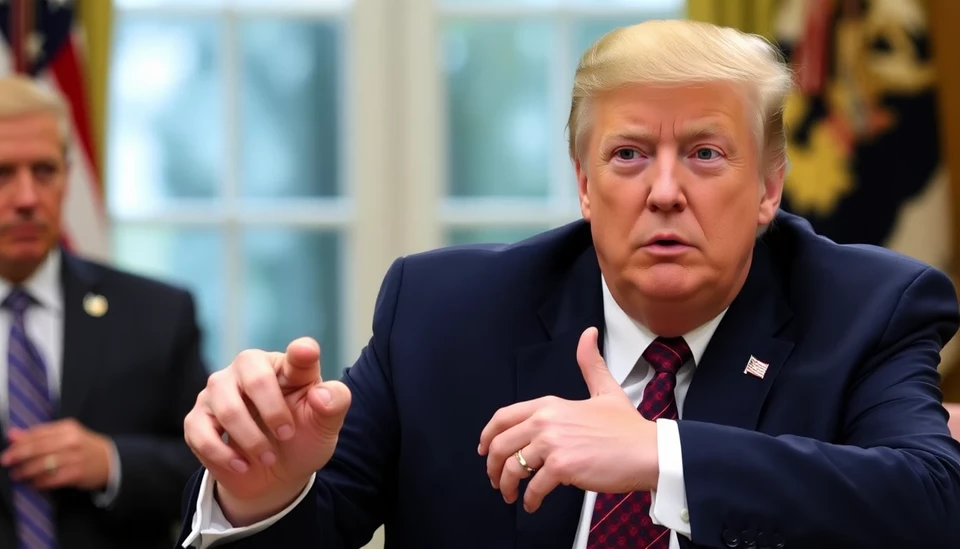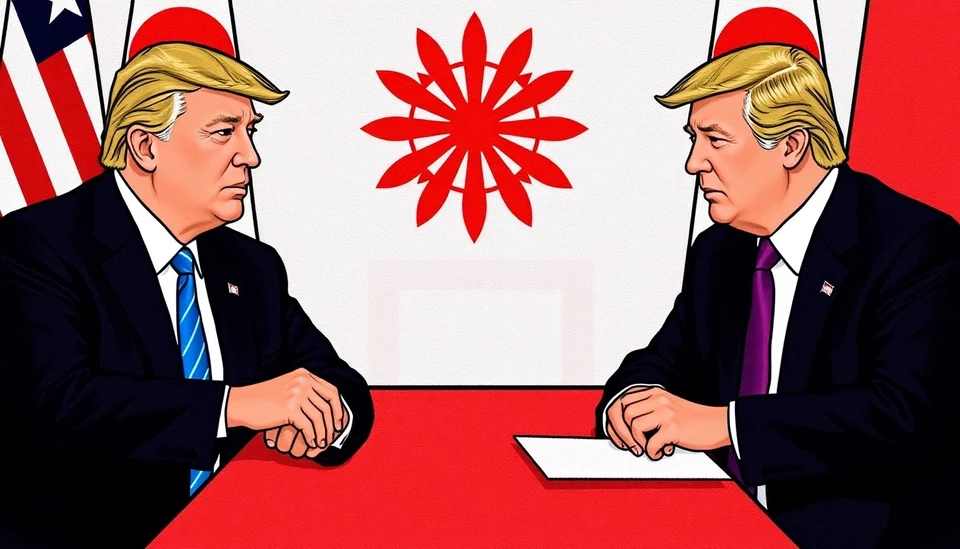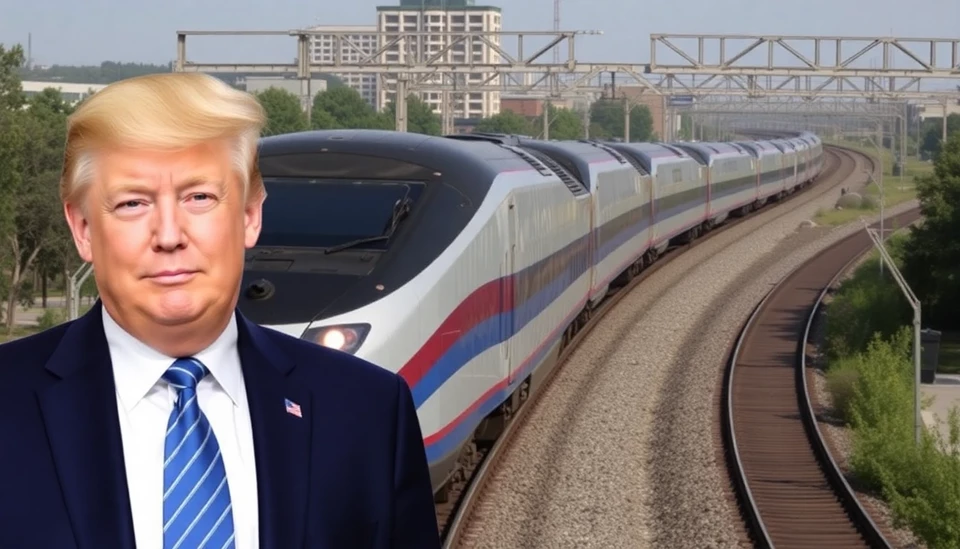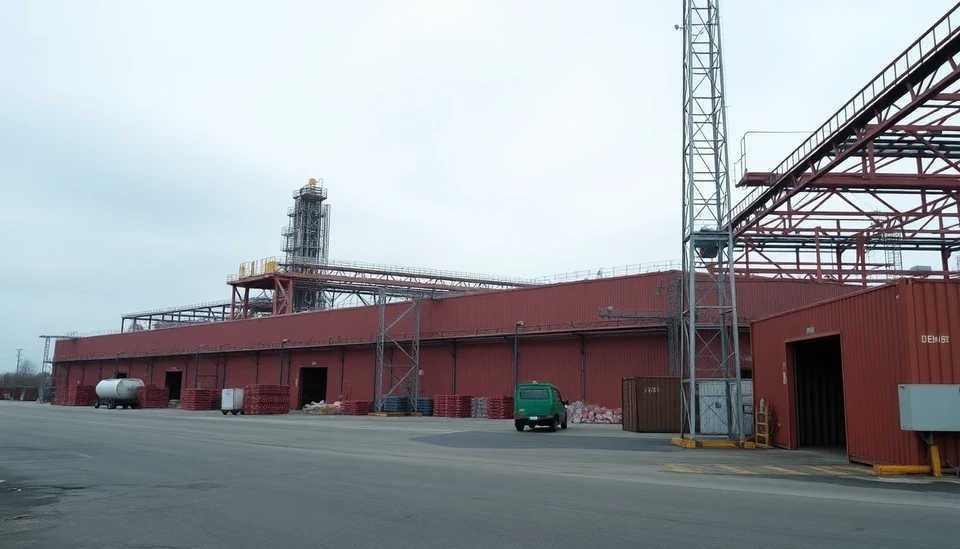
In a move that has reignited debates over executive power, former President Donald Trump has come under legal scrutiny for his use of federal emergency laws to impose tariffs on imports. This action, which was initially justified on national security grounds, is now facing challenges that question its legality and adherence to constitutional norms.
The situation stems from Trump’s controversial decision made during his presidency, wherein he invoked the International Emergency Economic Powers Act (IEEPA). This legislation grants the president broad authority to regulate international trade to protect national interests. Critics, however, argue that the economic motives behind the tariffs do not rightfully align with the reasons stipulated under IEEPA, potentially rendering the tariffs unconstitutional.
Legal experts are increasingly voicing concerns about the precedent set by using emergency powers to impose tariffs. They argue that such actions transcend traditional legislative processes, thereby undermining congressional authority. One prominent voice in this debate is advocacy groups that have challenged the imposition of these tariffs in various courts, claiming that they represent an overreach of presidential power.
As legal battles continue, the implications of Trump's tariffs extend beyond courtroom deliberations. Economists have begun to assess the broader economic impact, suggesting that these tariffs may lead to inflationary pressures and disrupted trade relationships. The subsequent strain on global supply chains has prompted many businesses to reevaluate their operations and sourcing strategies, with potential long-term consequences for consumer prices.
In response to mounting criticism, Trump has doubled down on his assertions, maintaining that tariffs are a crucial tool for protecting American jobs and economic integrity. This assertion places him at odds with a significant portion of the business community, which fears that prolonged tariff implementations could lead to retaliatory measures from trading partners.
As the legal challenges progress, many are left wondering what the outcome will be. Should the courts rule against Trump's use of emergency powers for tariffs, it could set a significant legal precedent and possibly restrict future administrations from utilizing similar measures without clear justification. In contrast, a ruling in favor could embolden future presidents to invoke emergency powers more freely, raising concerns about economic stability and governance.
Overall, the legal debate surrounding Trump's tariffs emphasizes the ongoing conflict between executive power and legislative oversight, with potential ramifications for the future of U.S. trade policy. As the situation develops, keeping an eye on the courtroom decisions will be crucial, given the substantial influence they will have on both national and global economic structures.
Stay tuned as we continue to follow this developing story and provide updates on the legal proceedings and their implications for the U.S. economy.
#Trump #Tariffs #LegalBattle #IEEPA #TradePolicy #EmergencyPowers #NationalSecurity #Economics #Congress #ForeignPolicy
Author: Laura Mitchell




